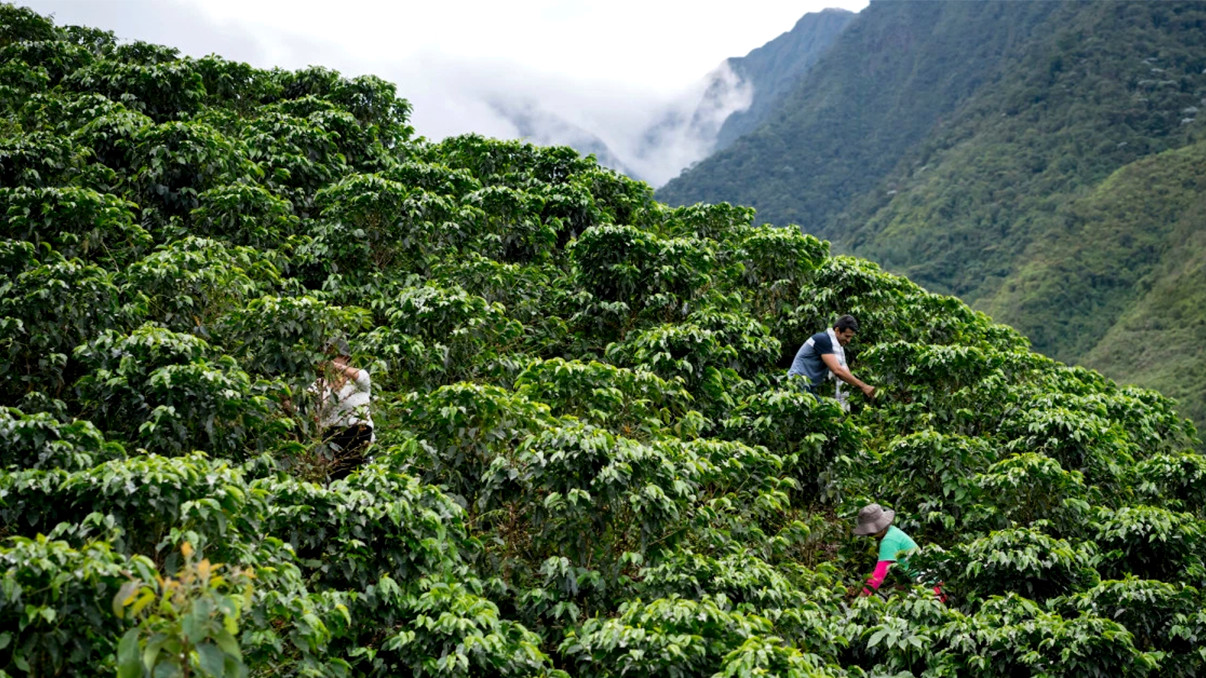| Selected current projects
The Bahamas: Decent Work Country Programme
Following our work last year to support the development of a Country Diagnostic report, Ergon has continued to work closely with the ILO’s Office for the Caribbean (ROC) and The Bahamas National Tripartite Council (NTC) to prepare the next Decent Work Country Programme (DWCP) for The Bahamas. The full draft of this second-generation DWCP was completed in April and we anticipate its formal adoption later this year.
Supply chain risk assessments
We have recently completed a global supply chain risk assessment for a major UK supermarket, covering 30 products and ingredients. These were assessed for human rights and sustainability risks, leading to a short-list of 15 ingredients with the most salient risks and which were most relevant to the client. We then worked with the client to develop a matrix of mitigation actions suited to the level of risk and taking account of existing mitigation strategies and business priorities.
IPIECA and Building Responsibly: online learning
We have been working closely with IPIECA and Building Responsibly to develop an online training programme on labour rights for their members. The training aims to improve member companies’ awareness and management of a variety of labour rights issues at an operational level and across company value chains. The training modules will be launched in the coming months.
Online learning on social risk, including in conflict
We have delivered a basic and advanced course for CDC and its clients looking at how to identify and manage social risks. The basic programme was delivered on the basis of participants learning at their own pace, with the advanced course being built around assessed course work and live interactive webinars.
Supporting renewable energy and gender equality in Kazakhstan
Since mid-2020, Ergon has been working in partnership with EY Kazakhstan to deliver the EBRD’s programme to promote economic opportunities for women in the renewable energy sector in Kazakhstan. As part of this work, Ergon has carried out a detailed study and skills mismatch analysis for the sector to identify key barriers and opportunities for women (and men) in renewable energy. Based on our analyses, we presented recommendations for ongoing policy and technical cooperation activities at a high-level policy workshop for government, industry representatives, and donors in April. We will continue to work with project partners on implementation through 2021-2022.
Due diligence in the finance sector
We continue to work with a range of finance sector clients to support their due diligence exercises on new investments. As the challenging global situation continues, we are continuing to seek interactive and remote ways of gathering information from companies, workers and communities. |

